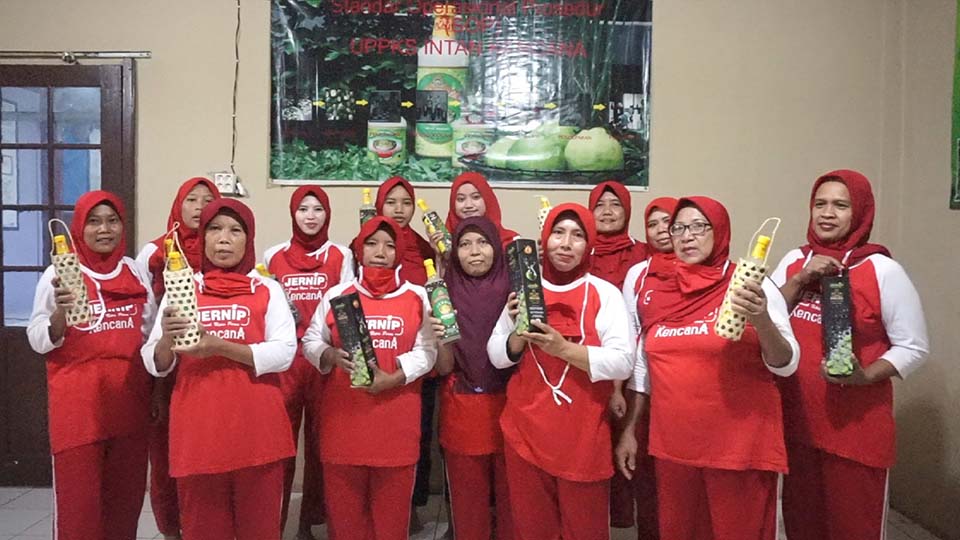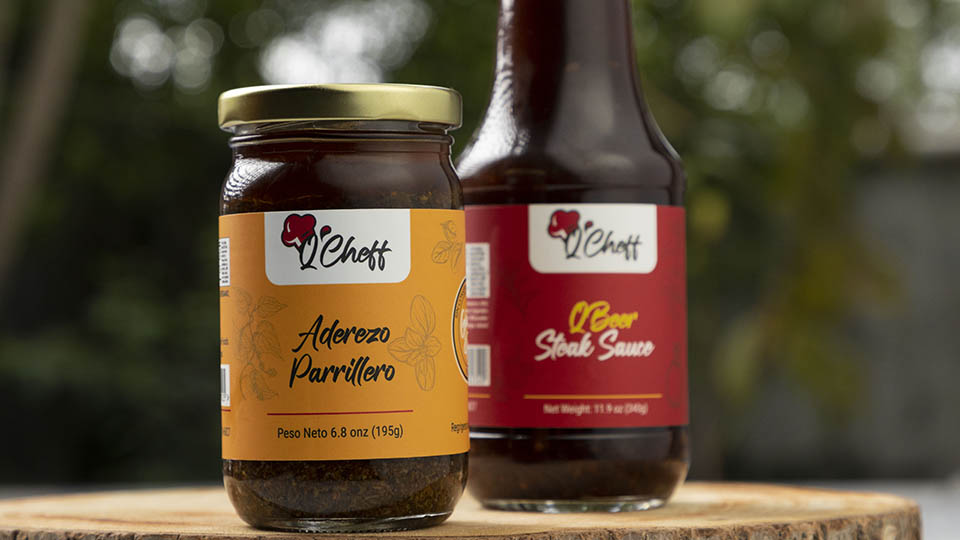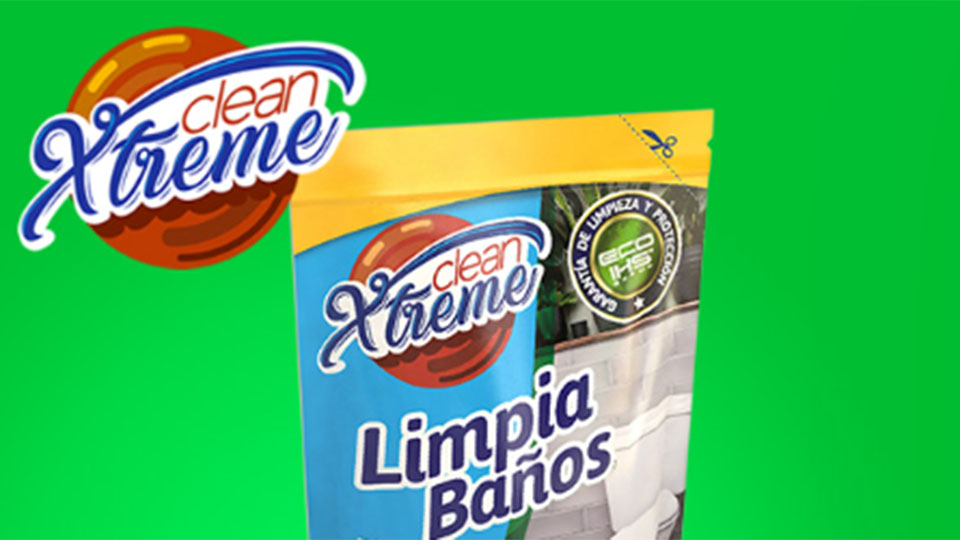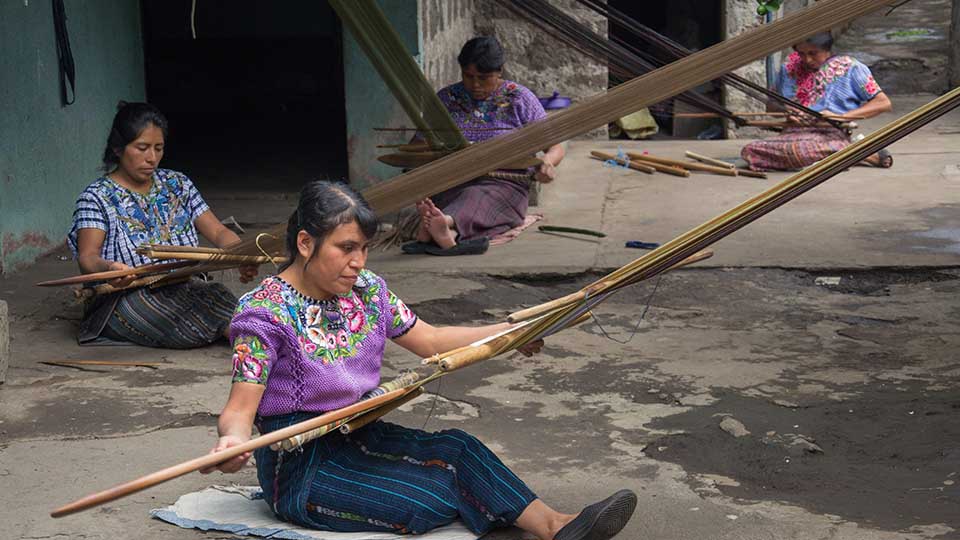Dr. Charah Tabetha Watson is the Executive Director of the Scientific Research Council (SRC), Jamaica’s principal agency, responsible for the fostering and coordination of scientific research and the promotion and application of its results. She is also the founder of Kihara Cosmetics, a premium line of all-natural hair, skin, and nail beauty solutions.
The multi-talented Charah considers herself a developmental scientist and defines her life as being driven by creativity. “I am left-handed, so the creative side of my brain is very active,” she said, adding “I like to make things, so I sew clothes, I bake, I am always making things”. Creativity is one of the reasons she became a scientist, “because this is how I was best able to express myself.”
The 38 years old has a Doctorate in Chemistry and Bachelor’s Degree in Food Chemistry and Pure and Applied Chemistry from the University of the West Indies, Mona.
Looking back, she said the particular lifestyle infused to her family by her dad, a Rastafarian, taught her respect for nature. Chemistry enhanced that respect by helping her better explain and understand nature.

The Story Behind Kihara Cosmetics that cares for afro-textured hair
For years Charah had severe dandruff issues, affecting her self-confidence. The products she bought over the counter had no effect, in particular, because they were not appropriate for the Afro-textured hair. Typical dandruff shampoo is only effective if the person washes her/his hair daily for two to four weeks. “That does not work for us,” she noted.
Her Ph.D. research was centered on the control of two citrus butterflies, which were pests and were threatening Jamaica’s citrus industry. A chance discovery by her supervisor, finding out that a scrub also attracted those butterflies because of its content of a particular essential oil, led Charah to do research on essential oils and discover their health properties.
“This is when I started formulating, I was experimenting with different essential oils in varying concentrations and composition, in a bid to find a solution for my scalp issues.” Charah started her trials in 2014 while still in grad school. She explained that she did not realize she had a breakthrough “until I was sitting in the hairdresser’s chair” and the hairdresser remarked on how healthy her usually flaky scalp was. This was in 2016, almost two years after Charah first start experimenting. She tried her formulation on friends and family and noticed that it worked on other people too.
Kihara Cosmetics’s branding strategy and protection of IP
That was the start of Kihara. The name was already figured out as a combination of Charah’s name and her husband Kino. The next steps were to contact a graphic artist to design a logo and go to the Jamaica Intellectual Property Office to register the name of the company, the tag line “enhance your beauty naturally” and the logo. The name could not be protected due to a similarity with another registered name, but the logo and tag line were swiftly registered. Labels were printed, and within less than a week, Kihara had a branding image.
Branding and intellectual property protection are “absolutely critical because branding creates confidence in consumers, a name they can refer to.” “It shows that you are putting more than what it is in that package”, she explained. Once the brand is established, customers know who is behind the brand. Branding is also “how we want to define ourselves and the way we want to be represented,” she added.
The choice of colors was a strong determinant of that branding: Pink because Charah wanted a very strong, solid, bold, feminine color “without apology because it is a feminine brand.” Black and white served as background for text, while green is a reminder of the importance of nature.
The nature of Kihara’s products’ formulations did not allow for patenting so they are protected by trade secrets.
Cosmetic products focusing on women and men from African descent
“Most of the cosmetics that you find on Jamaica and the Caribbean shelves are not made for our kind of demographic, our realities,” she noted. In the past two years, some “ethnic” lines have appeared on the market from well-known brands, but the ingredients are the same as the regular line, according to Charah. Very few companies are looking at the African diaspora and women and men of African descent, she said, adding “and we spend a lot on our esthetic.”
Minimum Seed Funding
The initial funding of the company was not onerous, according to Charah. Essential oils were affordable, and the simplest formulation used seven essential oils. The initial investment was about US$500, she said.
To fund the scaling up of Kihara, she secured orders with a 50 percent deposit so she could fund the inputs to manufacture the products. This approach allowed her to avoid the need for large investments.
Kihara Cosmetics’ product range
Kihara was launched with three products: Hair and Scalp Treatment Oil , Hair Growth Formula, and Nail Treatment Oil. “I engaged the market by going to a lot of health fairs, expos and beauty shows, at least twice a month, and getting first-hand feedback from customers.”
The company now has a range of 21 products: five hair products, an entire skincare line with eight products, eight lip products, and six body oils.
Still a Family Business
Charah manufactures her products out of a small lab in her house. The mother of three, juggled her scientific career, growing her family, and building Kihara.

Kihara remains for the moment a family business, with four part-time employees focusing on production, packaging, sales, and distribution, all of whom are Charah’s nieces. Her husband manages the website and her eldest sister helps with business development and strategy.
A prudent entrepreneur Charah intends to “grow smartly”. Her current manufacturing requirements are kept to a manageable level, which allows for scaling up without the need for extra manufacturing facilities. She currently produces between 1,000 and 3,000 units of each of Kihara’s 21 products.
Kihara Cosmetics’ plan for international expansion
Mainly selling on the Jamaican market, in specialized shops, in particular health food stores, and to some clients in the United States through her website, Charah means to expand to international markets. “There is an untapped market that we have not engaged yet,” she said, and expand her range of products, moderating her enthusiasm “I really have to control myself,” she said jokingly.
In the next seven years, Charah plans to be well established in the North American market, expand its production facilities, and get any regulatory requirements in place. For example, once organic certification is available in Jamaica, Charah plans to apply for one, as all her products are made from organic ingredients.
Advice from Dr. Charah Watson to Young Scientists Entrepreneurs
“My advice to young scientists is to be always centered on why you want to do something.” It is a deep question to answer, she acknowledged. “I wanted to solve a problem that I knew I was not the only one to struggle with.” “Then I was able to move beyond myself and help others.”
“It is important to know why you are doing something. Once you identify that why, when the challenges come, you’ll be able to face them much better, to find that inner inspiration to get you through those troubled times.”
“Being a young scientist in Jamaica is not an easy path, with rare opportunities, as in many developing countries.” “Resources, infrastructure, financing are limited but with real reasons, then it will be worth it and you will find your inspiration and your goals, and you will make a difference”.



